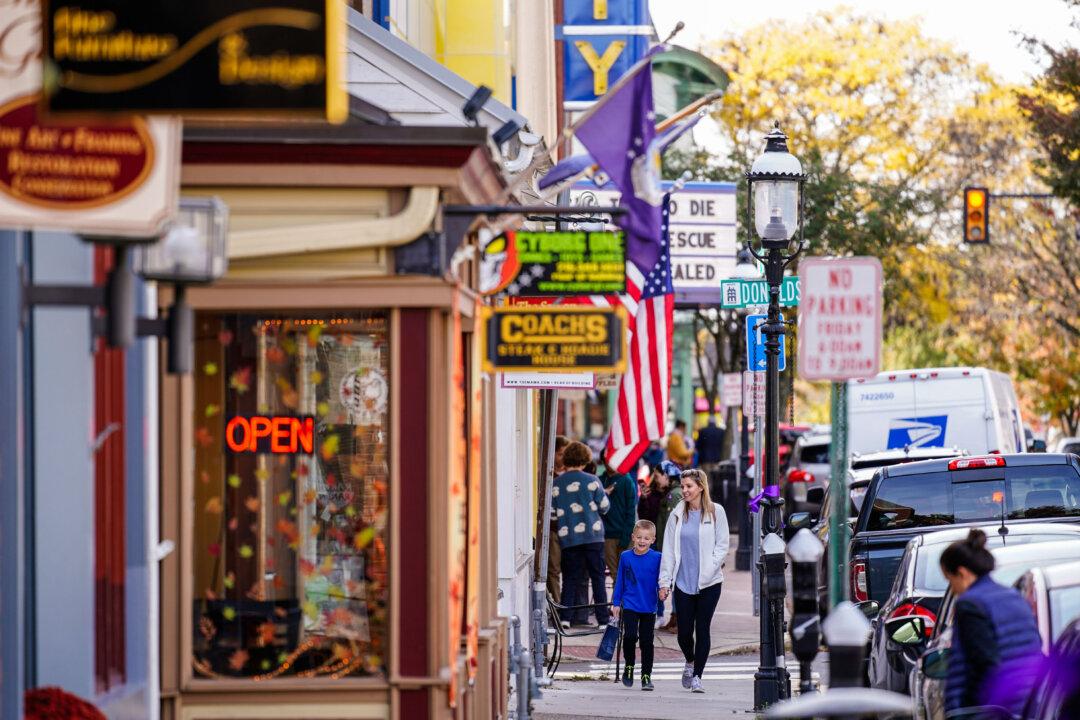U.S. consumers grew more upbeat in November on increased optimism around job availability, easing inflation expectations, and reduced recession fears, according to the latest report from The Conference Board.
The group’s consumer confidence index rose to 111.7 in November, up from 109.6 in October, marking the second consecutive month of improvement, according to the Nov. 26 report.





